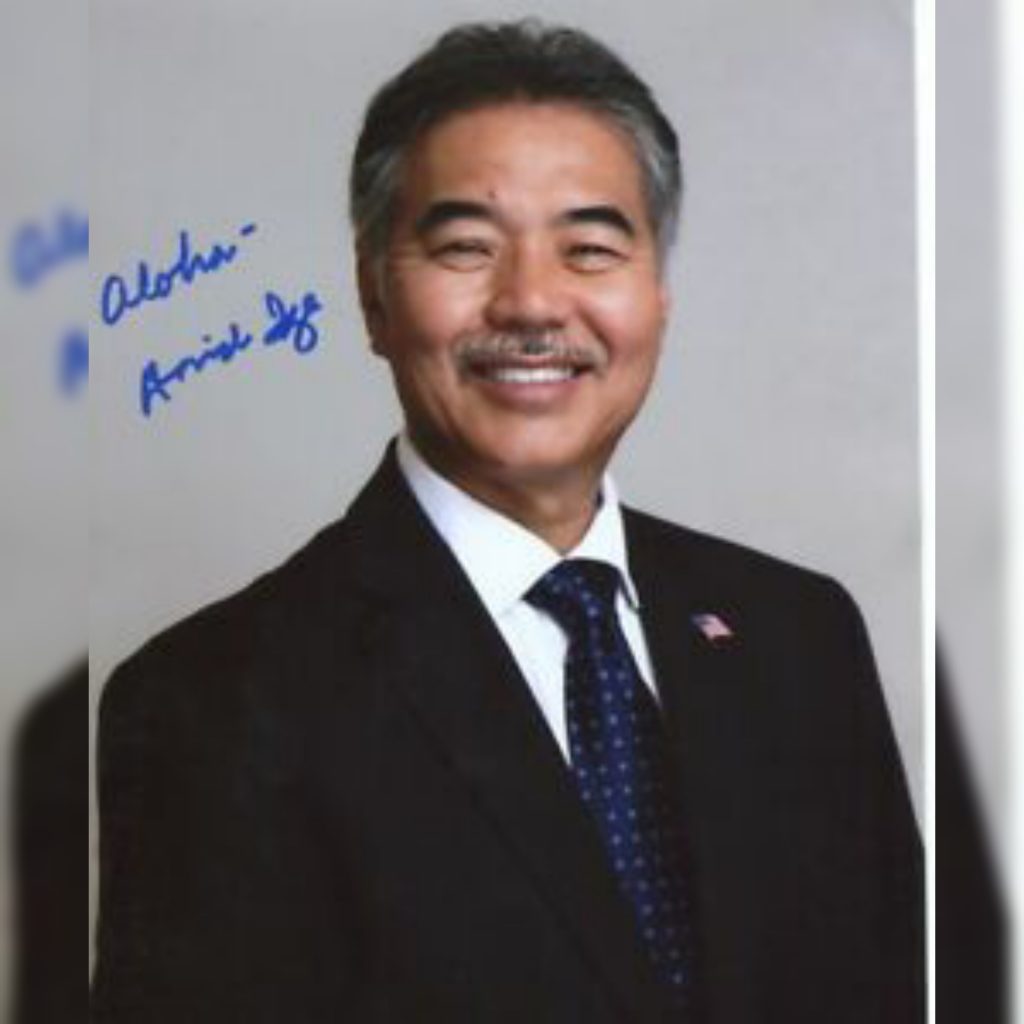At a news conference this afternoon David Ige provided an update on Hawai‘i’s current financial picture, the near-term outlook, and post COVID-19 pandemic predictions.
“We are continually monitoring our state revenues, advocating for federal funding, and doing all that we can to provide much-needed programs to help people in need,” David Ige said.
Key Points:
•Fiscal Biennium Budget and Financial Plan submitted to the Legislature in Dec.
•Federal government passed an aid package in December to assist with the state’s pandemic response and is currently considering another.
•In January, the Council on Revenues increased its revenue projections by $2 billion over seven years.
•January revenue report shows general revenue funds down by -9.4% for the month.
•We still have a significant revenue shortfall. Revenues not predicted to fully recover to pre-pandemic levels until 2024.
•State’s Financial Plan was updated based on the latest information.Financial Plan Updates:
•As previously announced, the Department of Education’s target reductions to reset to 2.5% from 10%, representing a restoration of $123 million to public school classrooms.
•With federal aid any potential furloughs delayed until at least July. “I want to thank our Congressional delegation for advocating on our behalf. They know how important it is to the people of Hawaiʻi that federal aid be directed to the states so we can continue to provide needed services.”
If President Biden’s relief package passes, the governor outlined some priorities for the state:
•Increase funding for public school education.
•Fund Unemployment Insurance and repay the $700 million Unemployment•Insurance loan from USDOL.
•Eliminate program budget cuts and labor savings.
•Repay $750 million loan to help make payroll.
•Establish a statewide broadband network.
“While I’m cautiously optimistic about the economic recovery, it is fragile. Until additional federal aid is approved, we must be prudent and plan accordingly,” David Ige commented.
Update on FEMA Vaccination Grant
During a morning call with the White House, David Ige said it was announced that FEMA will be providing funding to the states for the vaccination programs. Hawaiʻi has requested $175 million. “FEMA has approved our plan and we are waiting for funding to be approved,” David Ige told reporters this afternoon.
“The challenge remains – we are simply not getting enough vaccine. We continue to get about half of the vaccine that we have the ability to administer. The White House is working with vaccine manufacturers to get more out. Until we see the results, our vaccination program will be significantly slower than it could be.”
David Ige cautioned people, particularly kūpuna to be on the alert for COVID-19 scams (see item below).
Emergency Rent Assistance Outlined
Finally, David Ige announced that the state is moving ahead with an Emergency Rent Assistance program with federal funds received as part of the December stimulus. This program assists households that are unable to pay rent and utilities due to the COVID-19 pandemic.
David Ige explained that the state received $200 million for rent assistance and utilities and is currently working on agreements related to administration of the program and distribution of funds.
Differences between 2020 Program and 2021 Program:
•Utilities are included
•Landlords can apply on behalf of tenants
•If utility or landlord does not agree to accept, payment can be made to household
•Households may receive up to 12 months assistance
•Priority given to households where member has been unemployed and income at
Department of Health: Watch Out for COVID-19 Scams
There has been an alarming increase in various types of COVID-19 scams across the nation,and kūpuna and other Hawai‘i residents are not immune from being targeted as potential victims.
DOH, in collaboration with the Office of the Attorney General, Executive Office on Aging’s Senior Medicare Patrol Hawaii (SMP), and the Department of Commerce and Consumer Affairs, is alerting Hawai‘i residents about new COVID-19 vaccination scams.
Scammers usually send phone and text messages demanding individuals to call back to receive a COVID-19 vaccination in exchange for money. Callers may falsely claim the vaccine will be available only for three months for $1,000, a limited time to create a false sense of urgency, as in a recent case involving a call from Jamaica to a Hawai‘i resident.
“All COVID-19 vaccinations are free. At no time should anyone pay for the vaccine,” said Dr. Elizabeth Char, director of the Hawai‘i Department of Health. “Everyone, including kūpuna, will eventually have an opportunity to receive their vaccine.”
SMP Hawaii offers these tips:
No one can pay to “jump ahead of the line” and receive earlier access to a vaccination.
No one who calls from the Hawai‘i State Department of Health or its trusted partners concerning the COVID-19 vaccination will ask you for a Social Security, bank account,credit card number or related personal information.
Legitimate authorities do not ask for payment in exchange for the vaccine – just hang up.

